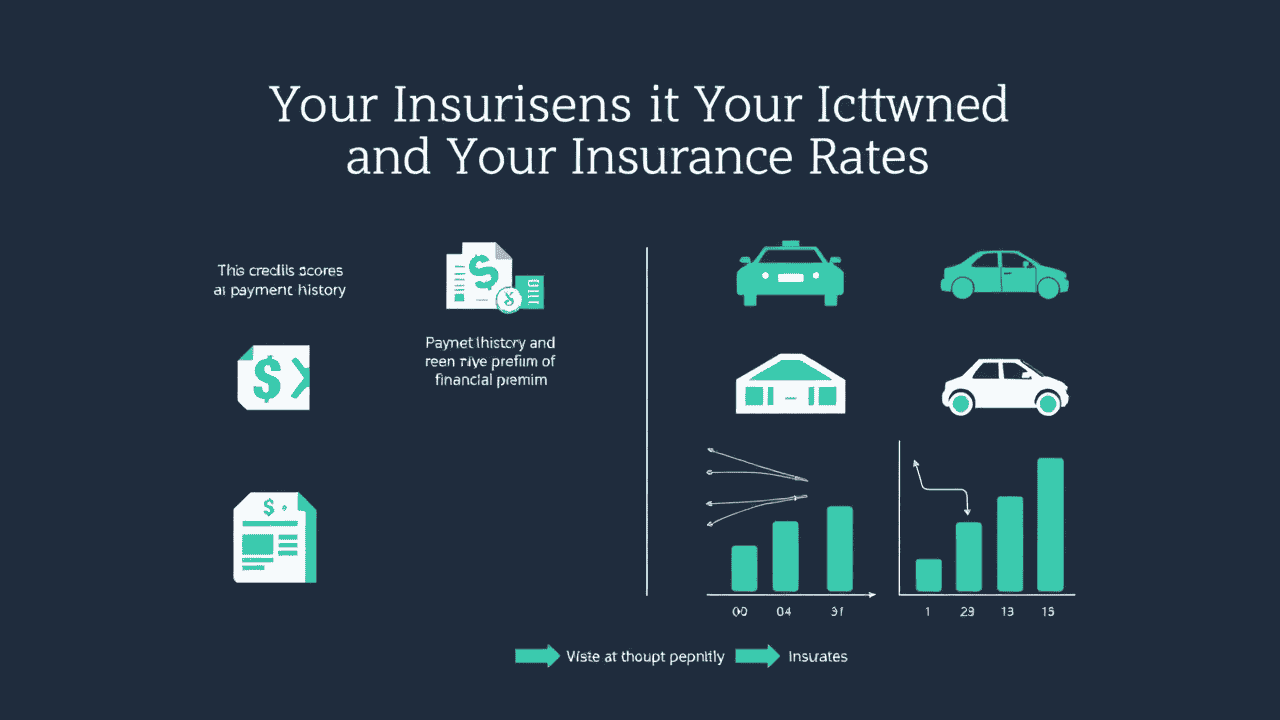When it comes to car insurance, most drivers assume their premiums are based solely on their driving record or the type of vehicle they drive. However, there’s another factor that often goes unnoticed: your financial profile. In many states across the U.S., insurers use credit-based scores to assess risk and determine rates. This means your financial habits can directly impact how much you pay for coverage. Let’s dive into why this happens and what you can do to take control of your insurance costs.
Why Insurers Look at Your Financial Profile
Insurance companies argue that a person’s financial behavior is a reliable predictor of their likelihood to file claims. Studies have shown that individuals with lower credit scores tend to file more claims than those with higher scores. As a result, insurers use credit-based insurance scores as part of their pricing models. While this practice is controversial and banned in some states (California, Massachusetts, and Hawaii), it remains common in most parts of the country.
How Your Financial Profile Affects Premiums
Your financial standing doesn’t just determine whether you qualify for coverage—it also influences how much you’ll pay. Drivers with strong financial profiles typically enjoy lower premiums, while those with weaker profiles may face higher costs. For example:
- A driver with excellent financial health might pay around $600 annually for car insurance.
- A driver with poor financial standing could end up paying over $1,400 for the same policy.
The difference can be significant, making it essential to understand how your financial profile impacts your rates.
Steps to Strengthen Your Financial Profile
If your financial profile isn’t where you’d like it to be, don’t worry—there are actionable steps you can take to improve it. Here’s how:
1. Pay Bills Promptly
Timely payments are one of the most effective ways to build a strong financial profile. Late payments can hurt your score, so set up automatic reminders or payments to avoid missing deadlines.
2. Reduce Debt Levels
High levels of debt can negatively impact your financial standing. Focus on paying down existing balances to improve your overall financial health.
3. Limit New Credit Applications
Each time you apply for credit, it generates a hard inquiry on your report, which can temporarily lower your score. Only apply for new accounts when absolutely necessary.
4. Regularly Review Your Financial Reports
Errors on your financial reports can unfairly drag down your score. Check your reports at least once a year and dispute any inaccuracies with the relevant authorities.
Saving on Car Insurance Despite a Weak Financial Profile
If improving your financial profile isn’t an immediate option, there are still ways to reduce your car insurance costs:
- Shop Around: Some insurers specialize in offering affordable rates to drivers with weaker financial profiles. Compare quotes from multiple providers to find the best deal.
- Increase Your Deductible: Opting for a higher deductible can lower your premium, though you’ll need to ensure you can cover the out-of-pocket cost if you file a claim.
- Look for Discounts: Many insurers offer discounts for safe driving, bundling policies, or completing defensive driving courses.
Final Thoughts
Your financial profile plays a key role in shaping your car insurance premiums, but it’s not the only factor. By taking steps to improve your financial health and exploring other ways to save, you can reduce your costs over time. Remember, even small improvements in your financial habits can lead to significant savings. Stay proactive, monitor your financial standing regularly, and make informed decisions to secure the best possible rates.
